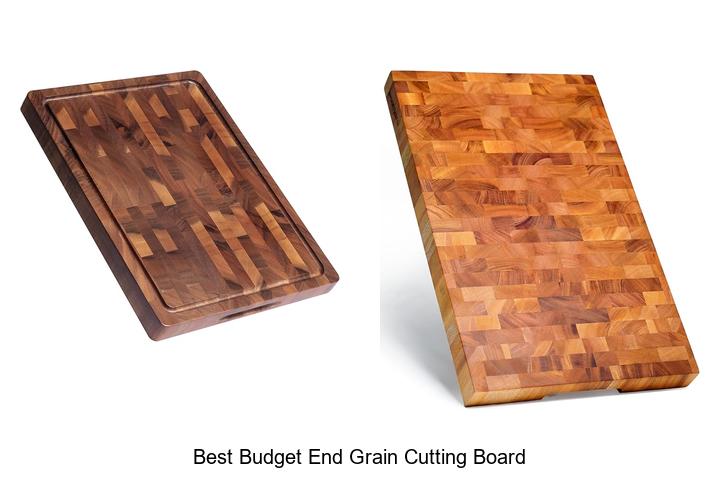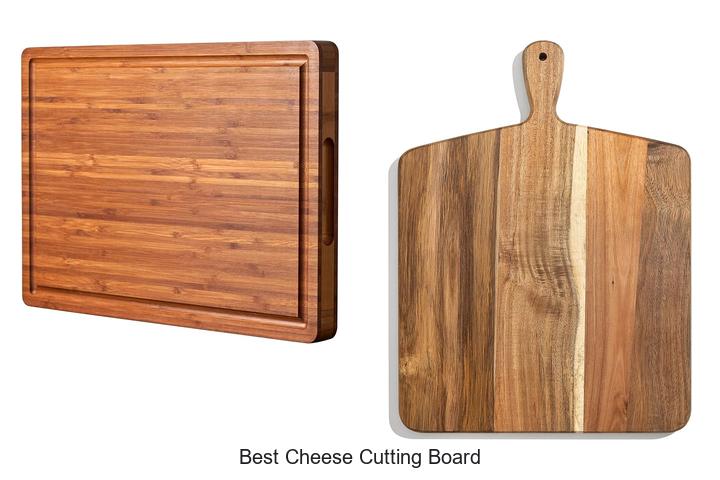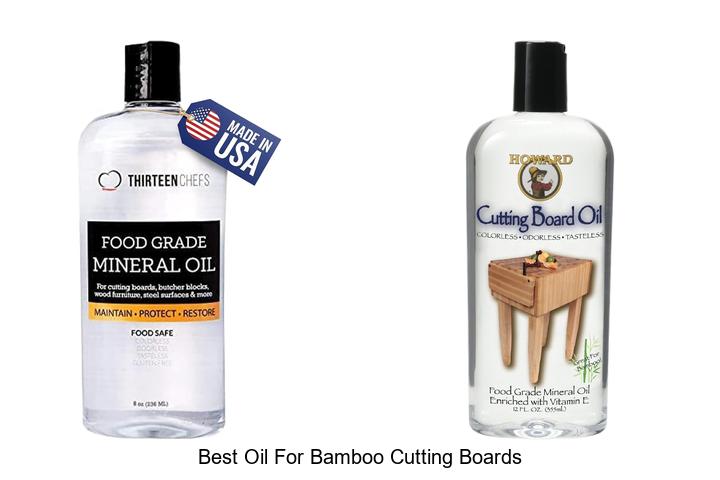Are Bamboo Cutting Boards Dishwasher Safe? Expert Advice
Bamboo cutting boards have become a popular choice in kitchens thanks to their durability and eco-friendly appeal. But when it comes to cleaning, you might wonder if tossing them in the dishwasher is a safe option. After all, convenience matters when you’re juggling meal prep and cleanup.
Understanding how bamboo reacts to heat and moisture is key to keeping your cutting board in top shape. Knowing whether the dishwasher is a friend or foe can save you from warping, cracking, or shortening the lifespan of your board. Let’s explore what you need to know about caring for your bamboo cutting board the right way.
Understanding Bamboo Cutting Boards
Bamboo cutting boards offer unique properties that set them apart from traditional wooden boards. Understanding these differences helps in choosing the right care method.
What Makes Bamboo Different from Other Woods
Bamboo is a grass, not a tree, which gives it a harder and denser structure compared to hardwoods like maple or walnut. This density makes bamboo boards highly durable and resistant to knife marks. Bamboo’s natural fibers grow vertically, creating a tighter grain that reduces moisture absorption. However, this density also makes bamboo more susceptible to cracking and warping when exposed to high heat or excess water.
Common Uses and Benefits of Bamboo Cutting Boards
You rely on bamboo cutting boards for chopping, slicing, and dicing a variety of foods due to their toughness and light weight. Bamboo resists bacterial growth naturally because of its antimicrobial properties. These boards also resist stains and odors better than many other wood types. Their eco-friendliness comes from bamboo’s rapid growth rate, allowing for sustainable harvesting without deforestation. These qualities make bamboo boards popular for everyday kitchen use.
Are Bamboo Cutting Boards Dishwasher Safe?
Bamboo cutting boards rarely withstand dishwasher cleaning without damage. Understanding manufacturer guidelines and dishwasher effects helps you maintain your board’s quality.
Manufacturer Recommendations
Most manufacturers advise against placing bamboo cutting boards in dishwashers. They recommend hand washing with mild soap and warm water to preserve the board’s integrity. Treating boards with food-safe mineral oil periodically extends their lifespan by preventing drying and cracking. User manuals typically warn that dishwasher heat and water exposure void warranties due to associated damage.
How Dishwashers Affect Bamboo Material
Dishwashers expose bamboo to prolonged heat and high moisture. This combination causes the bamboo fibers to swell, warp, or crack. Harsh detergents in dishwashers strip natural oils, leading to surface roughness and increased bacterial susceptibility. Repeated dishwasher cycles degrade the board’s finish, reducing durability and aesthetics. Drying cycles further intensify warping risks by unevenly removing moisture.
Proper Care and Maintenance of Bamboo Cutting Boards
Caring for your bamboo cutting board properly maintains its durability and appearance. The right cleaning and maintenance methods prevent warping and cracking, preserving its natural strength.
Hand Washing vs. Dishwasher Cleaning
Hand washing keeps your bamboo cutting board safe from damage. Use mild soap and warm water to clean the board immediately after use, then dry it thoroughly with a clean towel. Avoid soaking your board or leaving it wet for extended periods, as excess moisture causes swelling and warping. Dishwashers expose bamboo to high heat, harsh detergents, and prolonged water exposure, leading to cracking, splitting, and surface degradation. Manufacturers do not recommend putting bamboo boards in the dishwasher due to these risks.
Tips to Prolong the Life of Your Bamboo Cutting Board
Apply food-safe mineral oil to your bamboo cutting board every few weeks to maintain its moisture balance and prevent drying or cracking. Rub the oil evenly onto all surfaces, letting it absorb overnight before wiping off any excess. Store your board in a dry area away from direct sunlight or heat sources to prevent warping. Rotate the board regularly to distribute knife marks evenly and use separate boards for raw meats and produce to reduce bacterial contamination. Regular maintenance extends your bamboo cutting board’s lifespan and keeps it looking and performing at its best.
Alternatives to Dishwasher Cleaning for Bamboo Boards
Proper cleaning methods protect your bamboo cutting board without exposing it to the damaging heat and moisture of a dishwasher. You can maintain hygiene and extend the board’s life with gentle care techniques.
Effective Cleaning Techniques
Use warm water and mild dish soap to wash your bamboo board quickly after use. Scrub with a soft sponge or cloth, avoiding abrasive materials that can scratch the surface. Rinse thoroughly to remove soap residue. Sanitize occasionally by wiping with white vinegar or a diluted bleach solution (1 tablespoon bleach per gallon of water), then rinse well and dry. Dry immediately with a clean towel and store upright to air out fully.
Preventing Cracks and Warping
Keep your bamboo board stable by avoiding prolonged water exposure and never soaking it. Apply food-safe mineral oil regularly—every 2 to 4 weeks—to maintain moisture balance and prevent drying. Rotate the board to distribute usage evenly which reduces stress points. Store the board in a dry, cool place away from direct sunlight or heat sources to avoid environmental damage.
Conclusion
You want your bamboo cutting board to stay strong and look great for years. Avoid the dishwasher to keep it from warping or cracking. Instead, stick to gentle hand washing and regular oiling to maintain its natural durability and beauty.
Taking a little extra care goes a long way in preserving your board’s performance and hygiene. With the right maintenance, your bamboo cutting board will remain a reliable and eco-friendly kitchen companion.



